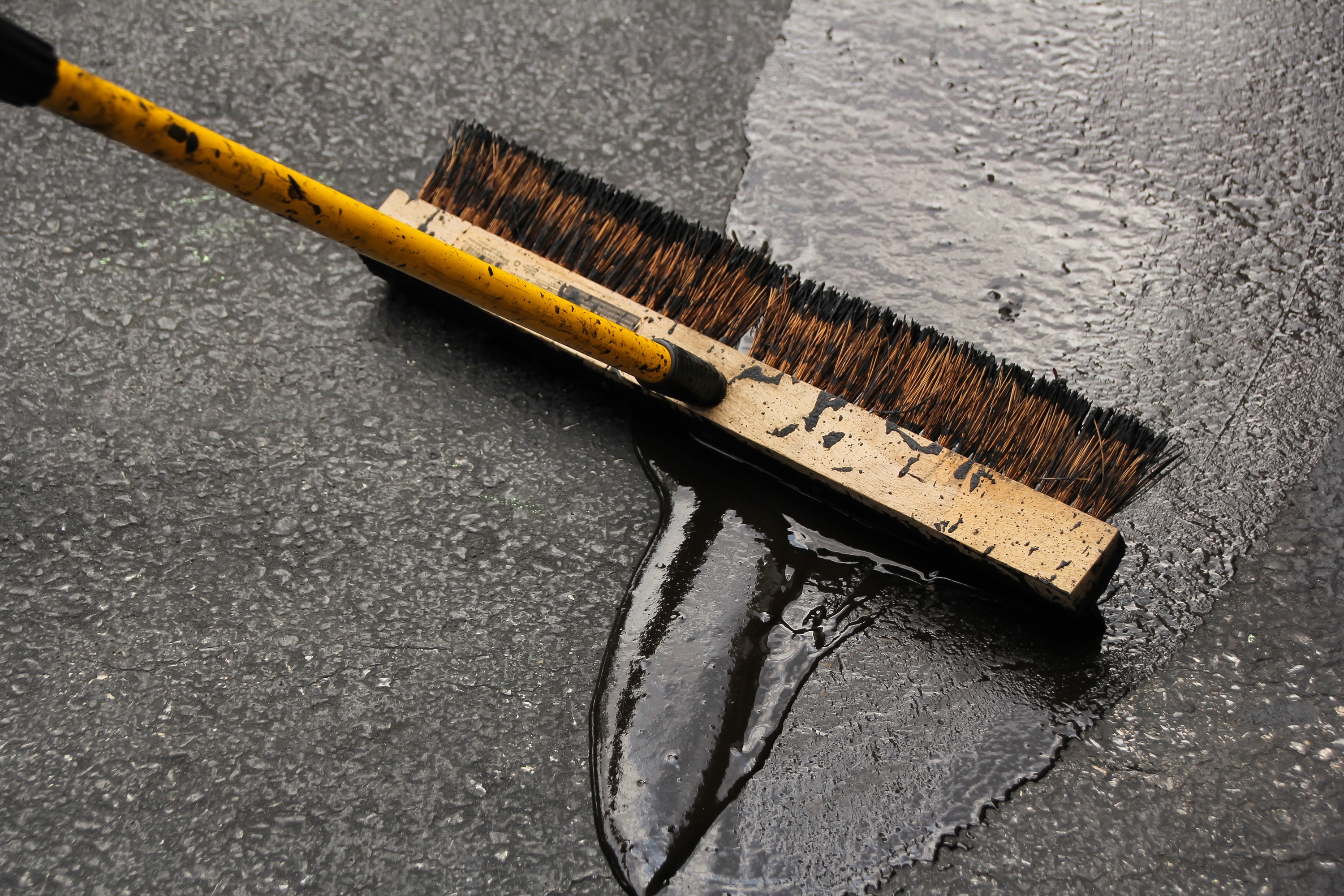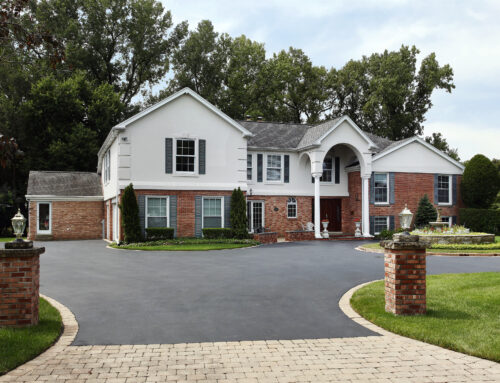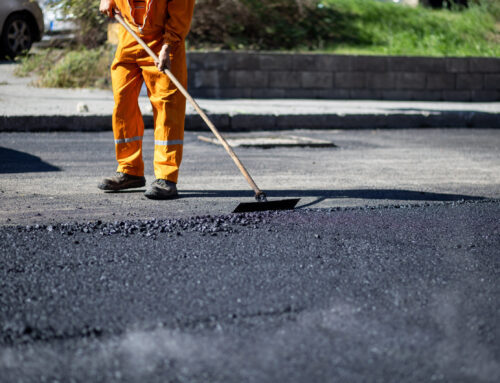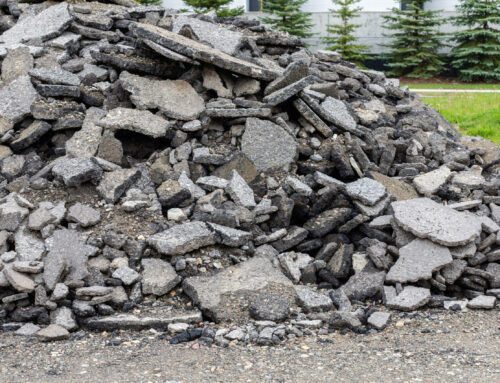When it comes to asphalt preparation, installation, damage prevention, and… uh… re…mediation (yeah there we go!) – when it comes to all that there are a lot of different tools, techniques, and services involved. To that end, we wanted to talk about fog seals – what they are, why we use ‘em, and all that good stuff.
What are Fog Seals and Why They Are Used
A fog seal is an asphalt emulsion applied just once over an existing asphalt pavement surface. This renews any oxidization (that faded gray look) on the surface of the asphalt. It also seals minor cracks, stops the road from raveling, and makes the surface look better. Here are a few other clear benefits of fog sealing!
- Protect the pavement surface from moisture
- Shield the pavement structure from further oxidation
- Improve and extend pavement life
- Delay the raveling of existing pavement
- Delay the need for major, frequent maintenance
- Seal minor cracks in the surface of the pavement
- Improve the look of the asphalt
What Roads Do Fog Seals Work On?
Fog seals can be used on a range of different road types, climates, and traffic conditions. They are applicable for any pavement where the penetration of emulsion can be counted on. Roads with aged asphalt, raveling surfaces, and chip and seal all are likely places where a fog seal can help. Roads need to have a minimum of structural stability, however, as any excessive deterioration like excessive cracking or rutting, will be too far along for a fog seal to help set things back on the right path. Not only will a fog seal not miraculously repair those, but it also won’t be able to apply correctly in the first place, meaning it won’t do much good at all.
So, while a fog seal can be used on a bunch of different types of roads, climates, and conditions – the road needs to be decently structurally sound.
What You Can Expect Out of a Fog Seal?
Alright, let’s talk about performance expectations! Generally speaking, you can expect about 3-4 years of life out of a good fog seal on a road that is in good condition. Fair to satisfactory roads will see up to 3 years of life extension, while for anything worse than that you’re looking at two years max. How do you judge asphalt conditions? That’s a thing called the PCI, which we’ll talk more about another time!
What Types of Emulsions are Used in Fog Seals?
This is going to get into the nitty gritty, and honestly will be more jargony than you need to know, but let’s answer it anyways. For seals use low viscous and slow setting grade emulsions, typically SS-1, SS-1h, CSS-1, or CSS-1h. These are then diluted with water to be applied so that the emulsion can more easily flow into the cracks and gaps in the road surface.
When is the Best Time to Fog Seal?
Fog seals should only be applied when the temperature of the road is above 59°F, with ambient temperatures above 50°. Fog seals should also not be applied if there is any chance of precipitation. The good thing for us here in Arizona, that’s most of the year that we can apply a fresh fog seal and keep your asphalt lasting for a long time to come!
Have more questions about fog seals? Need an expert to come to seal your home or business’s asphalt? Look no further. Here at Sunrise Asphalt, we’ve been paving the way for Tucson for over 40 years! Give us a call or fill out our form for a free estimate on your asphalt job, whether it’s a brand-new asphalt installation or a simple fog seal to get a few more good years of life out of it!
No matter the job, the owner is always on site – guaranteeing the highest quality work!





